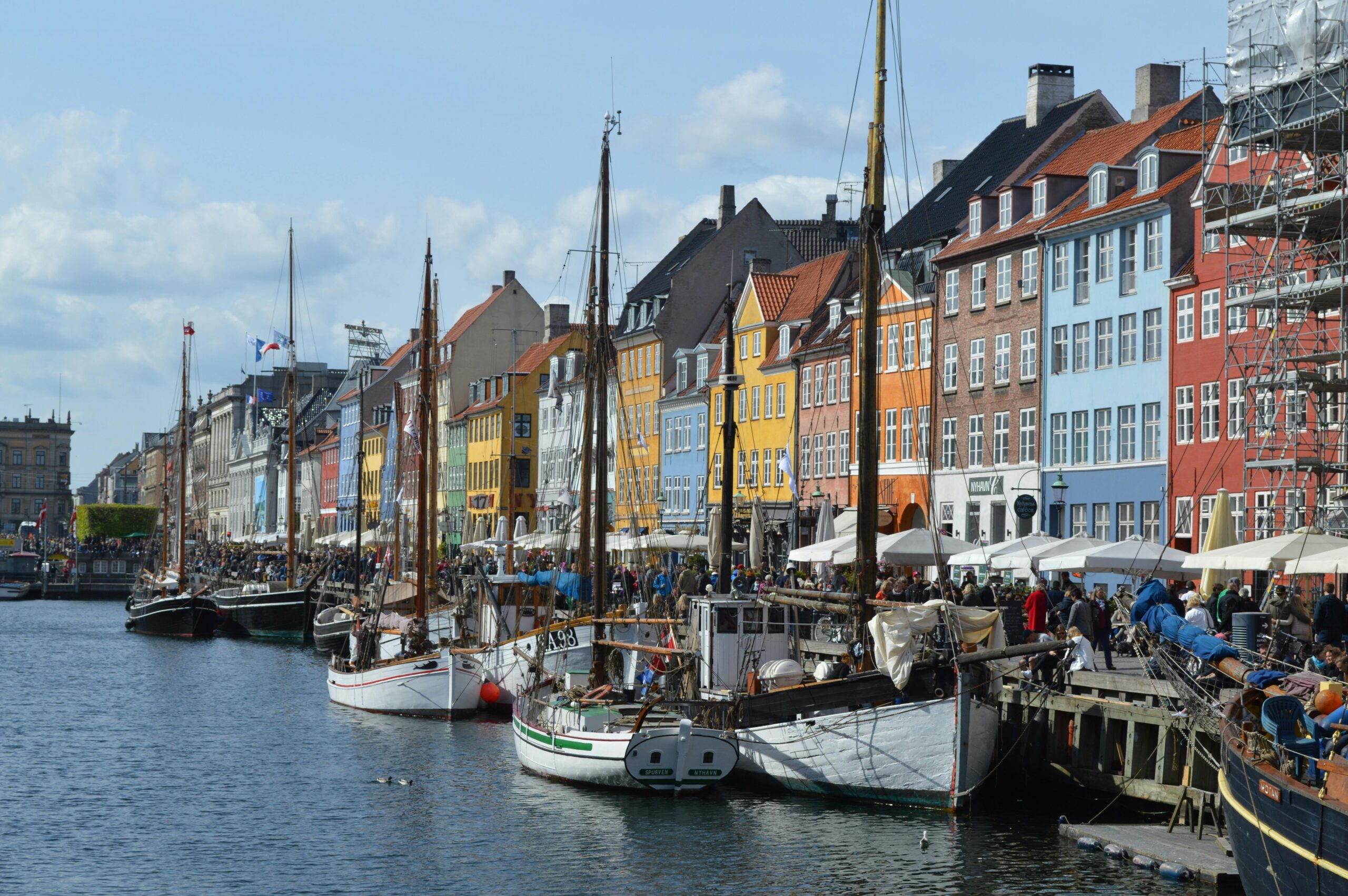As global investment strategies increasingly align with sustainable development goals, Denmark has positioned itself as a leader in the realm of ESG (Environmental, Social, and Governance) investments. For High Net Worth Individuals (HNWIs) and Ultra-High Net Worth Individuals (UHNWIs), Denmark offers a compelling opportunity to invest in real estate assets that not only promise robust financial returns but also align with global sustainability standards. With a projected GDP growth of 1.8% in 2024, Denmark’s economic environment is primed for investment, particularly in ESG-rated assets.
Denmark’s Economic Outlook: A Catalyst for Investment
Denmark’s economy is forecasted to grow by 1.8% in 2024, a figure that significantly outpaces the Eurozone average. This growth is largely driven by a strong labour market—Denmark boasts one of the lowest unemployment rates in Europe at just under 3%—as well as a recovery in household consumption and investments in key sectors such as pharmaceuticals and green technology (Knight Frank). This optimistic economic outlook creates a stable foundation for real estate investments, particularly in sectors that align with Denmark’s sustainability goals.
The strength of Denmark’s economy is further reflected in its real estate market. Recent reports indicate that Denmark’s residential and logistics sectors are experiencing increased demand, with ESG-rated assets gaining particular attention. These assets, which meet stringent environmental and social governance standards, are becoming increasingly attractive to investors who are seeking both financial returns and sustainable impact.
The Rise of ESG-Rated Assets in Denmark
Sustainable investments are no longer a niche market; they are becoming mainstream, driven by a global shift towards sustainability. In Denmark, this trend is particularly pronounced in the real estate sector. ESG-rated assets—properties that meet high standards in environmental sustainability, social responsibility, and governance—are gaining traction among both domestic and international investors.
The residential sector, in particular, is seeing a surge in ESG-compliant developments. These include energy-efficient buildings that reduce carbon footprints, incorporate renewable energy sources, and use sustainable materials. Such developments are not only meeting the regulatory requirements of Denmark’s strict environmental laws but are also appealing to a growing segment of the population that prioritises sustainability in their living choices.
In the logistics sector, ESG-rated assets are becoming increasingly vital as companies seek to reduce their environmental impact. With e-commerce continuing to grow, the demand for energy-efficient warehouses and distribution centres is rising. Investors who are early movers in this space stand to benefit from the dual advantages of capital appreciation and a positive environmental impact.
Strategic Opportunities in Senior Living and Student Housing
One of the most promising sectors within Denmark’s real estate market is the development of senior living and student housing facilities. Both sectors are currently undersupplied, creating significant opportunities for investors.
Denmark’s ageing population is driving demand for senior living communities that are not only functional but also sustainable. These developments are designed with ESG principles at their core, offering energy-efficient living spaces, access to green areas, and facilities that promote social interaction and well-being. Investors in this space can expect strong returns, supported by long-term demographic trends and the growing demand for high-quality, sustainable living environments.
Similarly, the student housing market in Denmark is experiencing robust demand. With an increasing number of international students choosing Denmark for their higher education, the need for student accommodation is on the rise. ESG-rated student housing developments, which incorporate sustainable building practices and provide high-quality living conditions, are particularly attractive to both students and educational institutions. These developments not only meet the immediate needs of the student population but also align with broader sustainability goals, making them a smart investment choice for HNWIs and UHNWIs.
Capitalising on Denmark’s ESG Opportunities
For investors seeking to align their portfolios with global sustainability trends, Denmark offers a unique opportunity. The country’s strong economic outlook, coupled with its leadership in ESG standards, makes it an ideal destination for sustainable real estate investments. By focusing on emerging opportunities in senior living, student housing, and other ESG-rated developments, HNWIs and UHNWIs can position themselves at the forefront of a rapidly growing market.
The potential returns are significant. In a world where sustainability is increasingly valued by consumers, governments, and investors alike, ESG-rated assets are likely to appreciate in value. Moreover, the stability of Denmark’s economy, combined with its commitment to sustainable development, offers a level of security that is particularly appealing in today’s uncertain global environment.
A Strategic Imperative
As we move further into 2024, it is clear that ESG investments are no longer a peripheral concern—they are central to the strategies of forward-thinking investors. Denmark, with its robust economy and strong commitment to sustainability, is at the forefront of this movement. For HNWIs and UHNWIs looking to make impactful investments, Denmark’s real estate market presents a compelling case. The time to act is now, before these opportunities become fully realised and competition intensifies.
Investors who recognise the potential of Denmark’s ESG-rated assets will not only contribute to a more sustainable future but also secure themselves a place in one of the most promising investment trends of our time.








Recent Comments